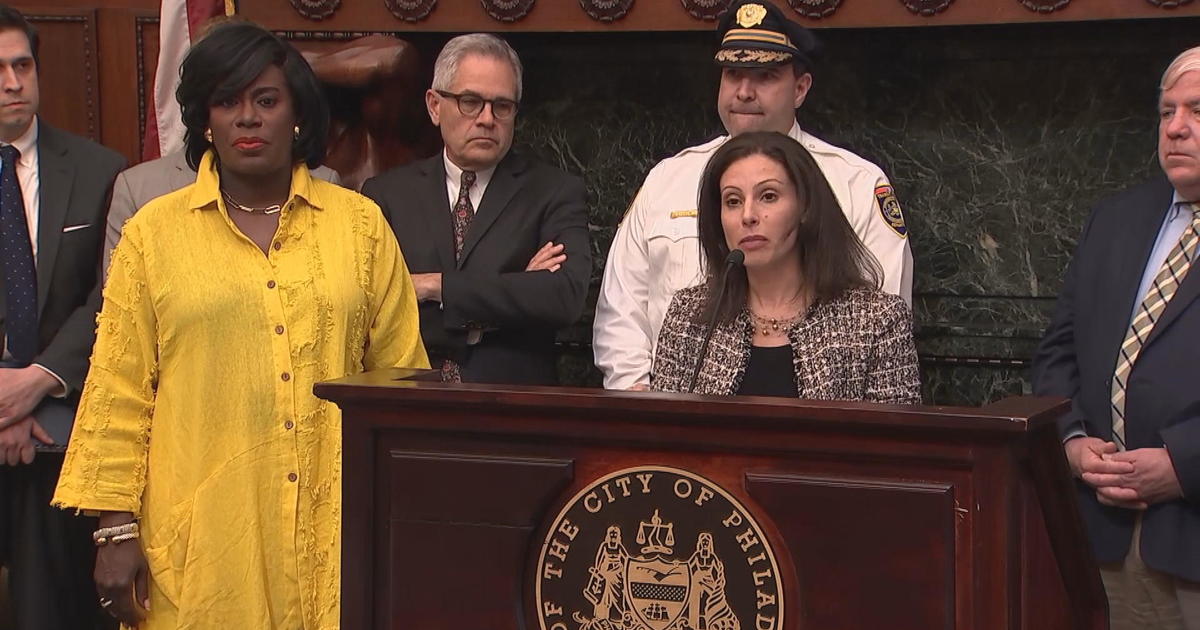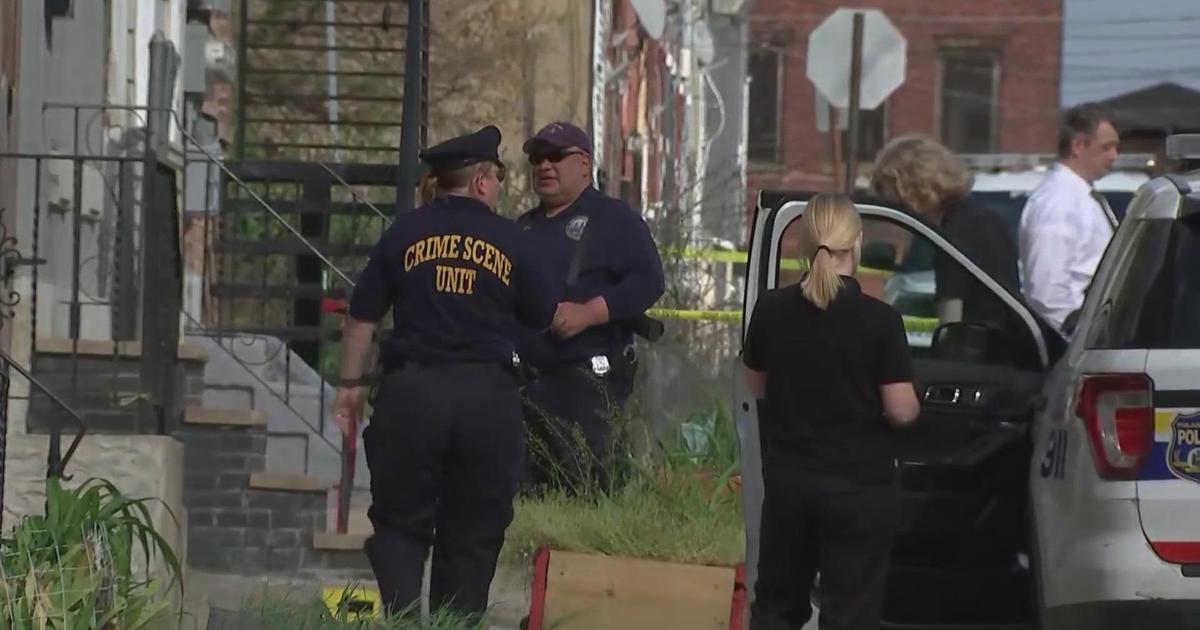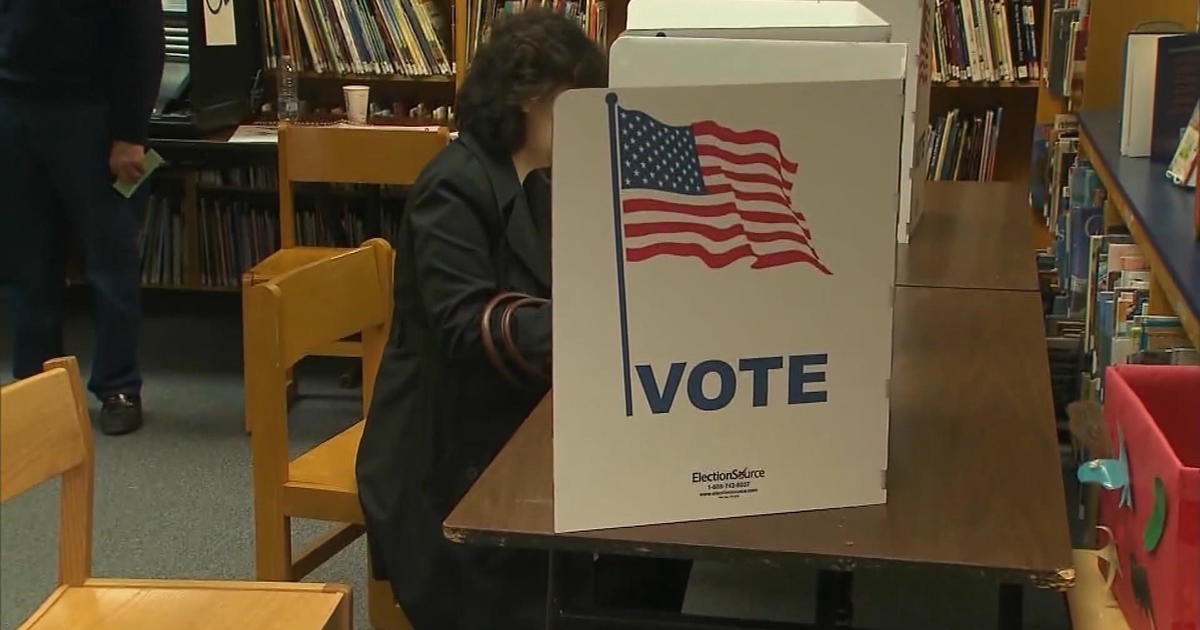Area Expert Says A Government Debt Default Could Be Slow But Severe
By Lynne Adkins
PHILADELPHIA (CBS) -- As Congress works on a plan to raise the debt ceiling (see related story), taxpayers may be wondering how they will be affected if there is no agreement.
If the government goes into default, it could trickle down to the average taxpayer, according to Bruce Rader, associate professor of finance at Temple University.
"That may cause interest rates to spike," he tells KYW Newsradio. "In general, when interest rates go up -- and this would be a substantial increase in interest rates -- the economy will slow down dramatically and people may lose their jobs."
He says even though the debt default would take place this week, he expects the crunch -- if default occurs -- to be felt at the end of the month, when the government needs to roll over debt and issue more in order to pay its bills.
And if it can't, he says, it would be like a homeowner getting work done but then failing to pay the bill because the checking account is empty.



